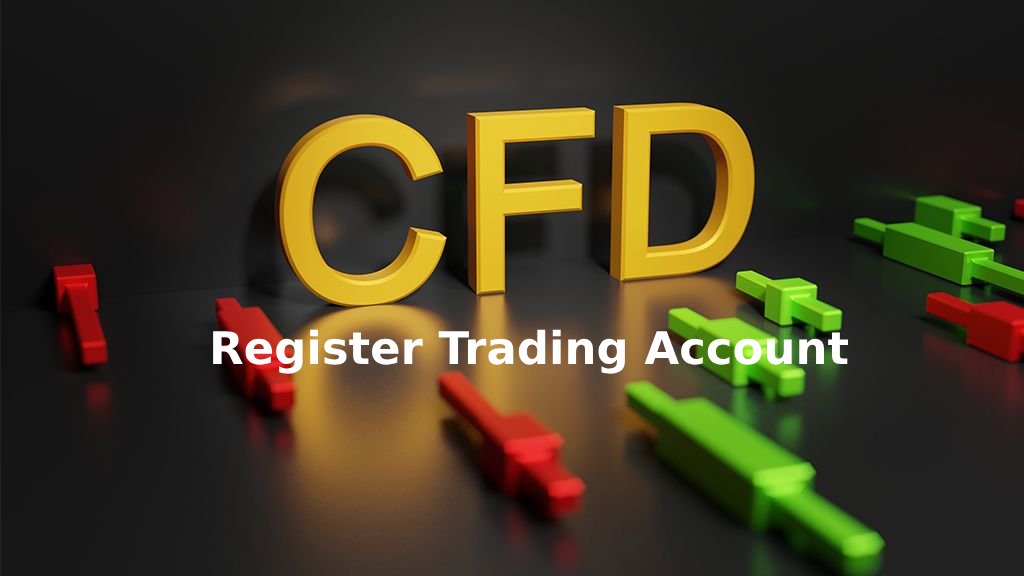
What is Best CFD Trading?
Contracts for Difference (CFDs) have revolutionized the way traders engage with financial markets. Since their introduction, CFDs have provided an opportunity for a wide range of individuals, from novices to seasoned traders, to engage with various asset classes such as stocks, commodities, forex, and indices. Understanding what constitutes the « best » CFD trading involves exploring various components, such as broker selection, trading strategies, risk management, and market analysis. A great resource for anyone looking to delve into this field is what is best cfd trading platform bestbrokercfd.com, which provides valuable insights into choosing the right broker and understanding the CFD trading landscape.
Understanding CFDs
Contracts for Difference (CFDs) are derivatives that allow traders to speculate on the price movement of assets without owning the underlying asset directly. When a trader buys a CFD, they are entering into an agreement with the broker to exchange the difference in the asset’s price from the time the contract is opened to when it is closed. This unique feature allows for both long and short positions, enabling traders to potentially profit whether the price rises or falls.
Advantages of CFD Trading
CFD trading offers several advantages that make it an appealing option for traders:
- Leverage: CFDs allow trading on margin, meaning you can control a large position with a relatively small initial investment. This amplifies potential profits but also increases risk.
- Diverse Market Access: Through CFDs, traders can access a wide variety of markets, from equities and indices to commodities and cryptocurrencies.
- No Ownership of Underlying Assets: CFD traders don’t own the underlying asset, thus avoiding the costs and responsibilities associated with physical ownership.
- Flexibility: CFDs can be traded in rising as well as falling markets, giving traders more strategic options.
- Low Capital Requirements: Many brokers offer the ability to start trading CFDs with a small amount of capital.
Choosing the Right Broker
One of the most critical decisions for any CFD trader is selecting a reputable broker. The right broker not only offers competitive spreads and commissions but also provides a robust trading platform, essential educational resources, and reliable customer support. Here are key factors to consider:
- Regulation: Ensure the broker is regulated by a recognized authority (e.g., FCA, ASIC, CySEC). This ensures a level of safety and transparency in your trading activities.
- Trading Platform: Evaluate the usability and features of the trading platform, including charting tools, indicators, and usability on mobile devices.
- Spreads and Commissions: Compare the costs involved in trading with different brokers. Low spreads and minimal commissions can positively impact profitability.
- Customer Support: Efficient customer support can significantly enhance your trading experience, especially when you encounter issues or have questions.
- Education and Resources: A broker that provides educational resources can help you improve your trading skills over time.
Effective CFD Trading Strategies
To succeed in CFD trading, developing and implementing effective strategies is crucial. Here are some of the most effective strategies:

- Trend Following: This strategy involves analyzing market trends and making trades that align with the direction of the trend. Utilize technical analysis tools like moving averages to identify prevailing trends.
- Scalping: Scalping is a high-frequency trading strategy where traders aim to capitalize on small price movements throughout the day. This strategy requires quick decision-making and execution.
- Range Trading: This involves identifying price ranges and trading within those bounds. Traders will buy at the lower end of a range and sell at the upper end, usually in a sideways market.
- News Trading: Some traders focus on economic news releases and events, capitalizing on the volatility that follows significant news announcements.
- Risk Management: No matter the strategy, implementing strong risk management measures is essential. This includes setting stop-loss orders and taking calculated risks based on trading capital.
The Importance of Risk Management
Effective risk management is a cornerstone of successful trading. Since CFD trading involves leverage, the potential for loss can be substantial. Here are key risk management strategies to consider:
- Stop-Loss Orders: Set stop-loss orders to limit potential losses on each trade. This automatically closes your position when the asset reaches a predetermined price.
- Position Sizing: Calculate the size of each position based on your trading capital and risk tolerance. Never risk more than a small percentage of your capital on a single trade.
- Diversification: Avoid putting all your capital into one asset or trade. Spread your investments across different assets to reduce overall risk.
- Regular Review: Continuously monitor and evaluate your trading performance. Adjust your strategies as necessary to improve efficiency and profitability.
Market Analysis Techniques
Successful CFD trading requires a solid understanding of market analysis. Traders typically use two main types of analysis: fundamental and technical.
Fundamental Analysis
This approach involves examining economic indicators, earnings reports, and news events to forecast asset price movements. Key indicators include GDP growth rates, unemployment rates, and inflation data. Traders who utilize fundamental analysis look for correlations between economic conditions and market behavior.
Technical Analysis
Technical analysis relies on historical price data and chart patterns to predict future price movements. It includes various tools and indicators, such as moving averages, Relative Strength Index (RSI), and Fibonacci retracement levels. Technical analysts often focus on price action, volume, and market sentiment to make informed trading decisions.
Final Thoughts
The world of CFD trading offers significant opportunities for those willing to learn and adapt. By understanding the intricacies of CFD trading, selecting a suitable broker, employing effective strategies, and practicing strong risk management, traders can pave their way toward success. As you embark on your CFD trading journey, remember to stay informed and continuously enhance your knowledge and skills in the ever-changing financial landscape.
